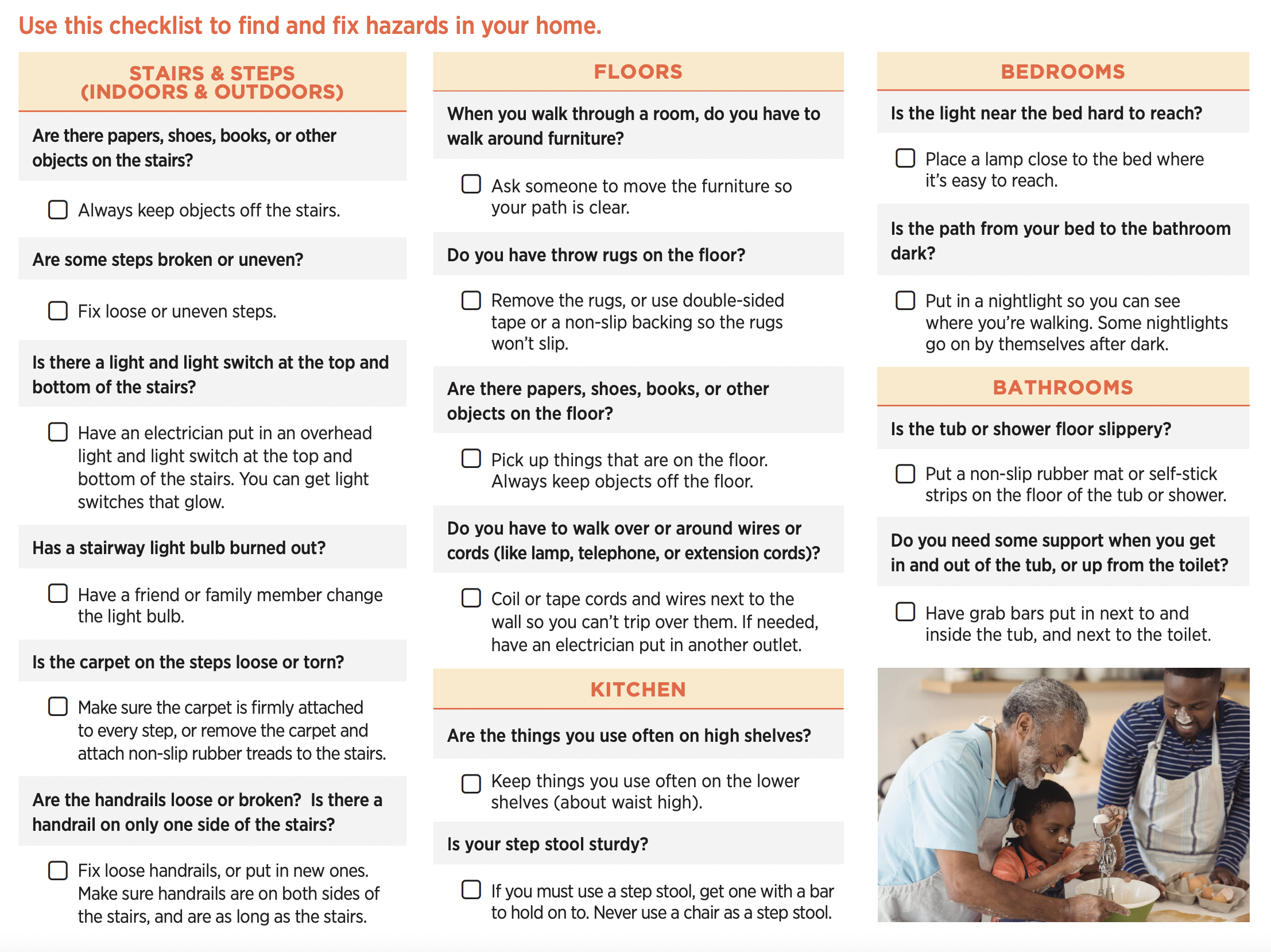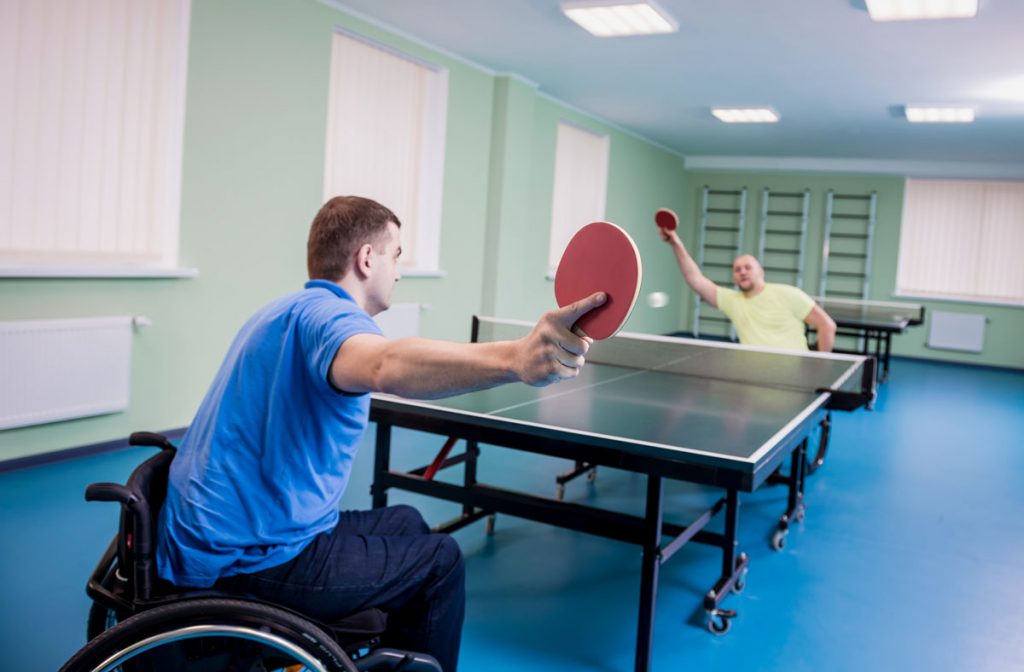What Does Dementia Fall Risk Mean?
What Does Dementia Fall Risk Mean?
Blog Article
The 30-Second Trick For Dementia Fall Risk
Table of ContentsDementia Fall Risk Can Be Fun For AnyoneHow Dementia Fall Risk can Save You Time, Stress, and Money.The Main Principles Of Dementia Fall Risk A Biased View of Dementia Fall RiskFascination About Dementia Fall Risk
Based on signs and signs, such as proof of head injury or a new focal neurologic deficit, computed tomography or MRI of the mind may be indicated. An assessment for root causes of syncope must be performed only if there is strong suspicion, as in the case of recurring, unusual drops
Medical care providers utilize an autumn risk assessment to recognize your danger elements for falling and make useful recommendations. An autumn risk assessment is crucial due to the fact that recognizing which factors increase your opportunities of falling aids you: Decrease your danger of dropping or harming yourself.
Optimize your capability to relocate and be active. Keep a healthy, independent life. All adults 65 years and older must have a preliminary autumn danger testing. Your medical care supplier may ask you whether you: Feel unsteady when standing or walking. Have dropped in the previous year. Worry concerning dropping. If you address yes to any of these inquiries, your doctor will certainly recommend an added, extra extensive evaluation.
The smart Trick of Dementia Fall Risk That Nobody is Talking About

Explore this detailed nursing care plan and administration guide to successfully avoid risk for falls amongst people. Get crucial knowledge concerning the nursing analysis, nursing diagnosis, and objectives particularly customized to individuals that are at threat for falls. A is specified as an event that leads to a person coming to rest inadvertently on the ground or flooring or other reduced degree (WHO, 2021).
Dropping is the second leading cause of fatality from unintended injuries globally. It is estimated that loss fatality rates in the United state
Get This Report about Dementia Fall Risk
If this rate continues, the CDC prepares for 7 loss fatalities every hour by 2030.
Each year, over 800,000 people are hospitalized due to click to read the fact that of drops. Registered nurses play a major function in protecting against drops for their patients through education, examining loss danger, creating much safer settings, and offering treatments in stopping injuries from falls.
Patient will certainly demonstrate selective prevention procedures. Individual and caretakers will certainly execute methods to increase safety and avoid drops in the home. Falls result from numerous elements, and an alternative technique to the specific and atmosphere is necessary. Expect a person is considered at high risk for drops after the see this testing.
Some Of Dementia Fall Risk
A needs utilizing a confirmed device that researchers have actually taken a look at to be useful in naming the reasons of drops in an individual. The degree of loss danger can be established making use of the analysis of inherent and extrinsic aspects.
People are extra likely to drop again if they have actually maintained one or more falls in the past 6 months. The older population is at enhanced risk of fall-related readmissions based on a go to the website research determining the variables anticipating of repeat drops connected end results (Prabhakaran et al., 2020).
The capacity of individuals to safeguard themselves from falls is influenced by such aspects as age and development. Older individuals with weak muscles are extra most likely to fall than those who maintain muscle strength, flexibility, and endurance.
An Unbiased View of Dementia Fall Risk
Much less comparison level of sensitivity was rather related to both boosted rates of falls and various other injuries, while decreased aesthetic skill was just connected with increased autumn rate (Timber et al., 2011). Sensory assumption of ecological stimulations is critical to safety. Vision and listening to problems limit the individual's capability to view risks in the surroundings.
Older adults that have inadequate balance or trouble walking are a lot more likely to drop., or various other clinical conditions and therapies., and use of psychotropic medicines (Stanmore et al., 2013).
Report this page